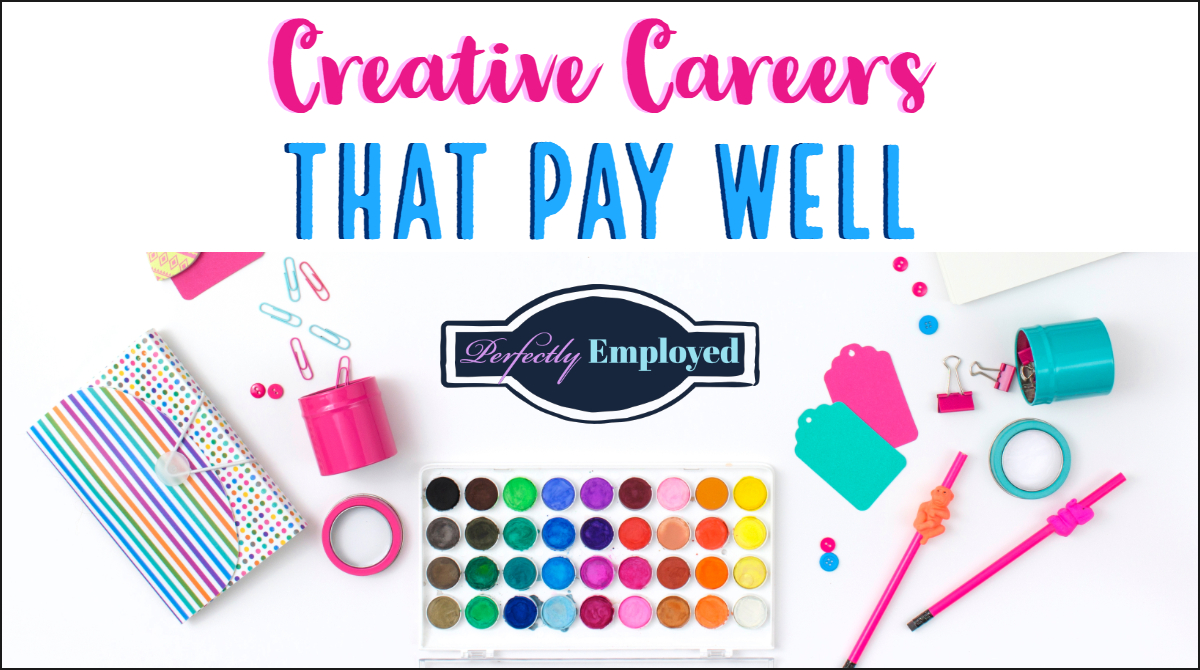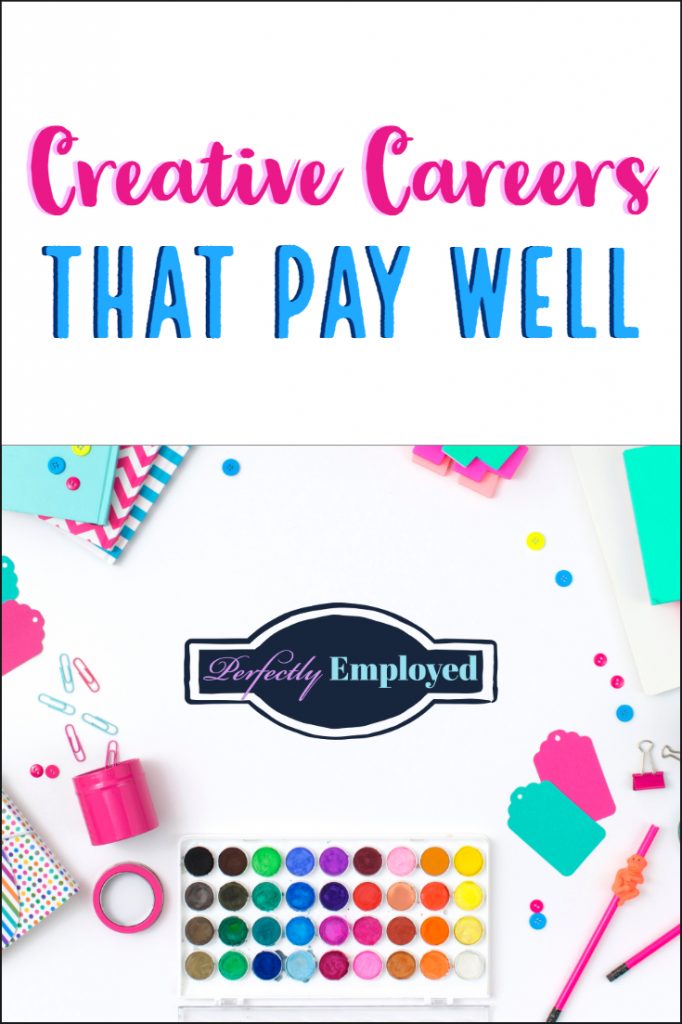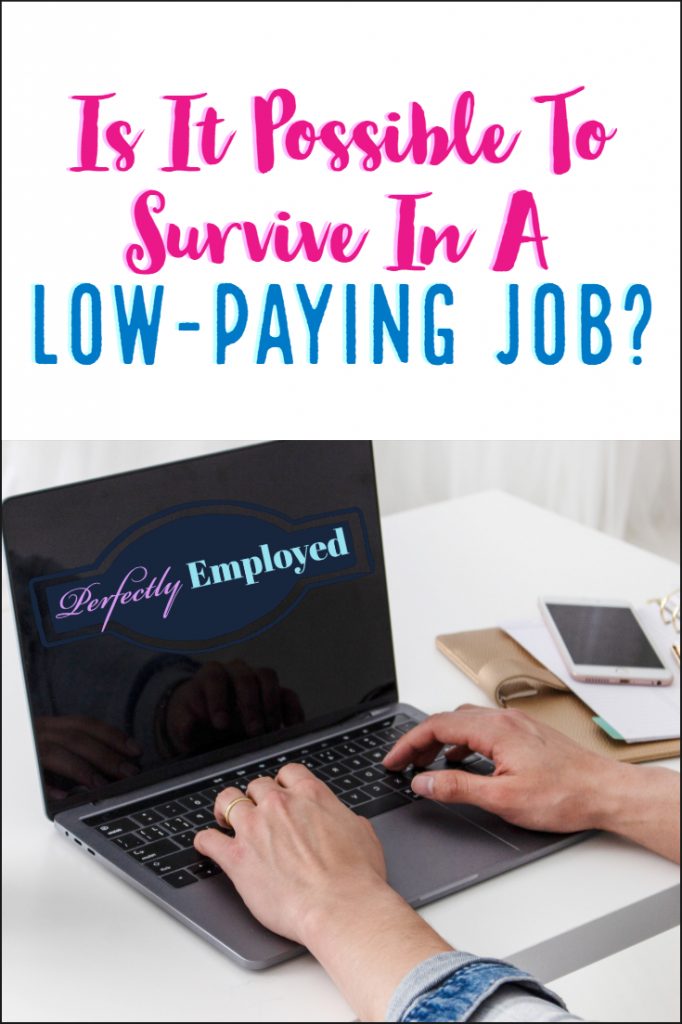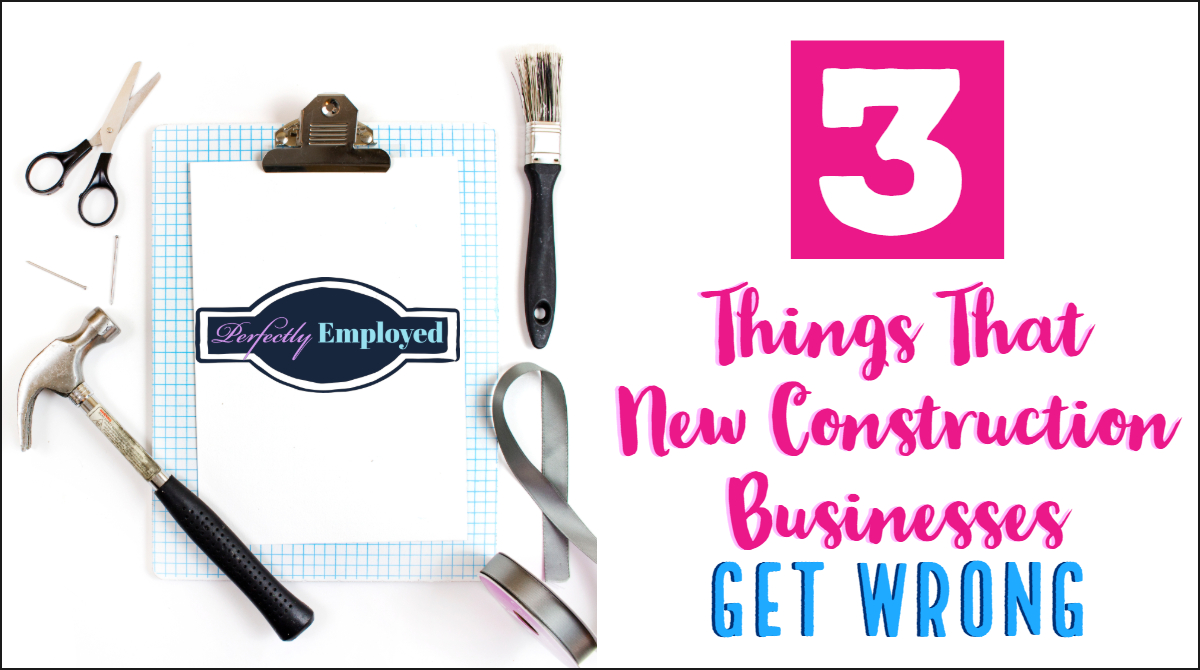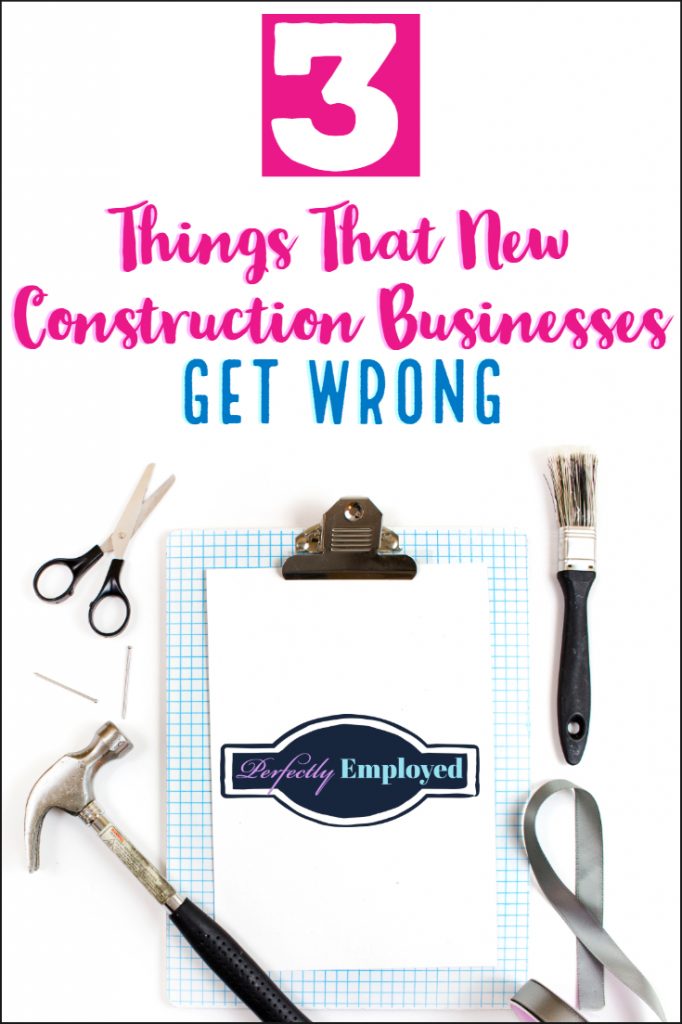
If you are thinking of getting a career where you can actively care for people, then one world which you are almost certainly considering is medicine. The world of healthcare is ideal for people who want to help others, but you might find yourself a little at a loss as to what job you should actually go for. There are, after all, thousands upon thousands of roles within healthcare alone, and it can be a challenge to pick out one or two that you think you might enjoy and be good at. To give you a helping hand here, we have put together a short list of some of the best medical careers you might want to try your hand at. Consider these if you are not sure what is right for you.
Healthcare Assistant
This is a great place to start out in medicine, especially if you are not confident on what you might want to do ultimately later on in your career path, or you find yourself flitting back and forth between different potential roles. A healthcare assistant doesn’t require much in the way of training beforehand, as you get most of the training on the job, and in the early first few weeks, you will already be learning basics such as taking blood, administering injections, performing ECGs and so on. This affords a great baseline experience for anyone who wants to get into medicine but isn’t sure exactly what they want to do, and it’s something that you should seriously consider for that purpose.
Nurse
If you want to make a little more of a career out of it, you could instead consider getting straight into nursing – or you could go straight from healthcare assistant to being a nurse. Either way, you are going to need some training and education, and there are many ways to get that, so you should never feel as though it is going to be out of your reach in any way. These days, you can even take online nursing masters programs to learn from home, so you should never feel that you can’t achieve what you want to here. Nursing can be highly rewarding, more than a little stressful, and ultimately a very satisfying career, so it’s well worth a shot.
Related Posts
- 5 Unique Medical Careers that are Never Boring
- 5 Amazing Medical Careers You’ve Never Heard of
- 4 Medical Careers for Non-Doctors
- 5 Weird but Fun Science Jobs
Doctor
Of course, you could work towards being a doctor, and this will depend on having a great degree of training and education beforehand – but there is absolutely no reason why you can’t hope to do just that. You will need to attend medical school with a background in a scientific degree, and then you will need to specialize in a particular area for your doctorate. All of this can take ten years or more, so you should be prepared to be patient – but if it’s what you really love, then it shouldn’t feel as though it is particularly out of your way to do these things. All in all, it means you will end up in one of the most respected careers on the planet, so it’s worth considering.
Save to Pinterest




